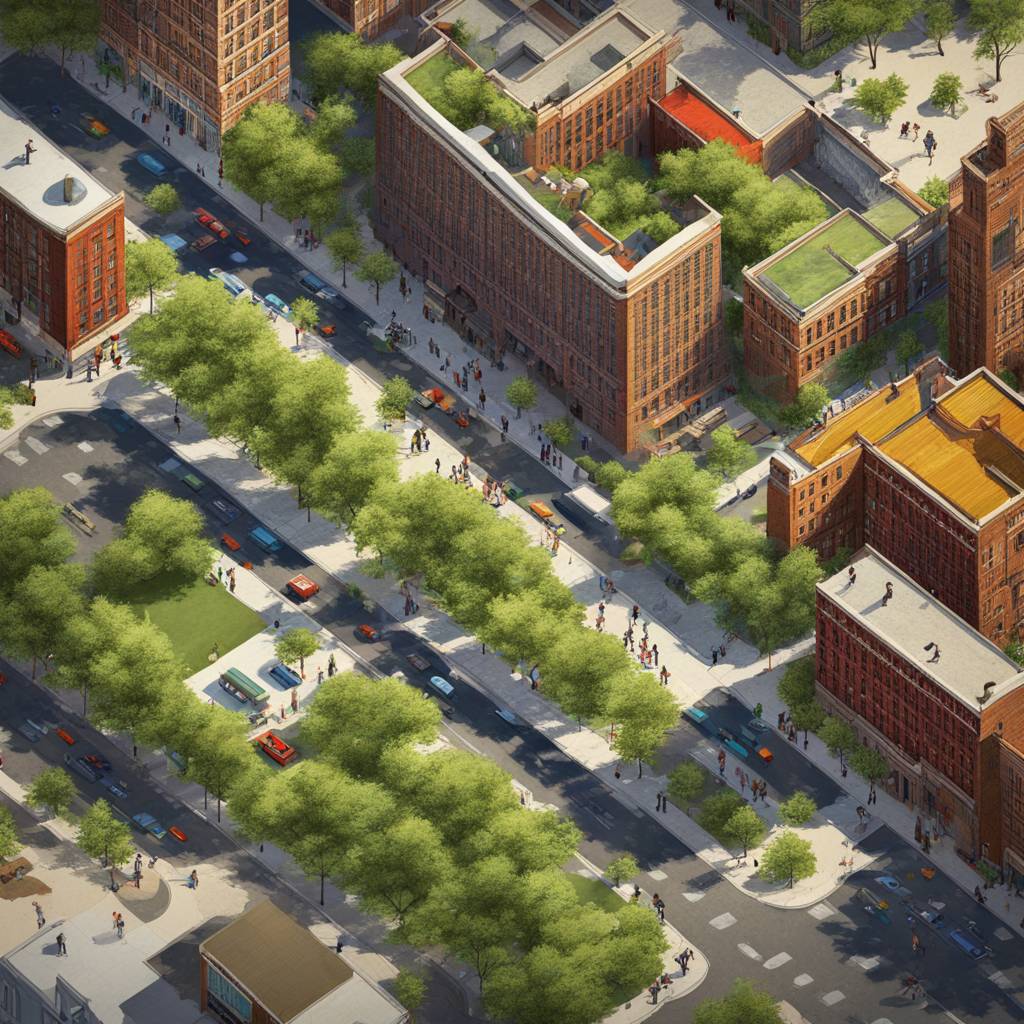Chicago plans to close five shelters for migrants in order to reopen park district buildings for summer events. Advocates argue that Mayor Brandon Johnson is not meeting the needs of new arrivals, while some believe long-term residents are being overlooked. The city has seen an influx of migrants from the U.S. border with Mexico, with over 37,000 arrivals since 2022, many coming from Venezuela due to crisis. The park district shelters were used temporarily after Texas Governor Greg Abbott sent buses of people to sanctuary cities like Chicago.
The decision to close the shelters comes as the city reports more than 10,000 people in city-run shelters, down from nearly 15,000 in January. This move is meant to transition park facilities back to their intended use for summer programming. However, there are concerns about the impact on migrants, particularly with finding work and getting children to school. While the city is aiming to move people closer to the park buildings, the change is still expected to be disruptive for many.
There are still nearly 20 temporary shelters operating in the city, housing over 1,000 people in some cases. Chicago began enforcing a 60-day limit on shelter stays in mid-March, but exemptions for families with children in school have kept evictions low. Only 24 people have left shelters due to the caps so far. Other cities like New York and Denver have also used shelter limits to manage resources for migrants, while mayors have called for more federal assistance.
Volunteers working with migrants express understanding for the need to return park district facilities for community use, but also worry about the impact on migrants. Concerns include disruptions to work and schooling, as well as uncertainty about where individuals will be moved. The city has reported that over 15,000 people have found other housing options since 2022, with many utilizing state-provided rental assistance programs.
It is important for migrants in the U.S. to notify officials of address changes, particularly for asylum seekers in the immigration court system. Failing to show up for a court date due to missed mail notifications could have serious consequences, including deportation. Overall, the closure of the shelters in Chicago reflects the ongoing challenges faced by both new arrivals and city officials in managing the needs of migrants while balancing the needs of the community.


